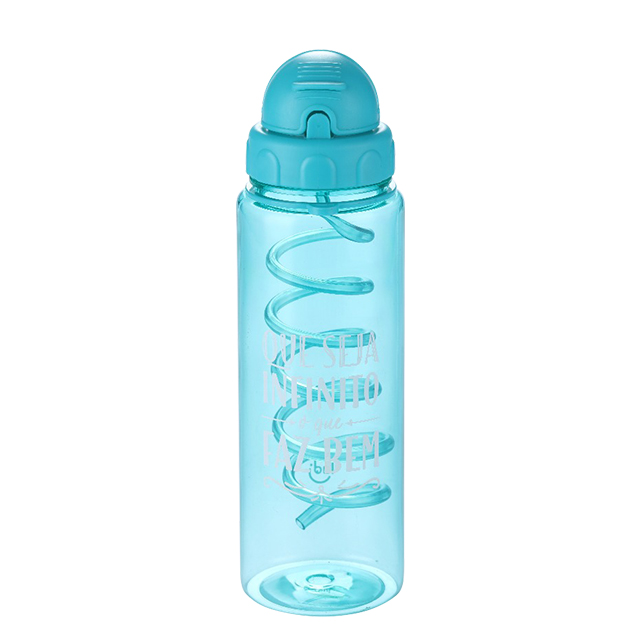When exporting water cups to different markets such as the European and American markets and the Middle East market, they need to comply with relevant local certification standards. Below are some certification requirements for different markets.
1. European and American markets
(1) Food contact certification: The European and American markets have strict control standards for all products that come into contact with food, and they need to meet EU food contact material certification and FDA certification.
(2) ROHS test: European and American markets have higher requirements for environmental protection and need to comply with ROHS standards, that is, they do not contain harmful substances such as lead, mercury, cadmium, etc.
(3) CE certification: The European Union has mandatory standards for the safety, health, environmental protection and other aspects of some products, which require CE certification.
(4) LFGB certification: Germany also has its own standards for food contact materials, which need to comply with LFGB certification.
2. Middle East market
(1) SASO certification: Imported products in the Middle East market need to be tested and approved in accordance with SASO certification standards to ensure compliance with local standards.
(2) GCC certification: Imported products from Gulf Cooperation Council countries need to comply with GCC certification standards.
(3) Food contact certification: The Middle East market has strict control standards for all products that come into contact with food and need to meet the food contact material certification standards of each country.
3. Other markets
In addition to the European and American markets and the Middle East market, other markets also have their own certification standards. For example:
(1) Japan: Need to comply with JIS certification.
(2) China: Need to comply with CCC certification.
(3) Australia: Need to comply with AS/NZS certification.
In summary, different markets have different certification requirements for water cup products. Therefore, when exporting water cups to different markets, you need to understand the relevant local certification standards in advance, produce them in strict accordance with the standards, and conduct testing and approval. This is not only a guarantee of product quality, but also a necessary condition for enterprises to expand overseas markets.
Post time: Dec-12-2023
